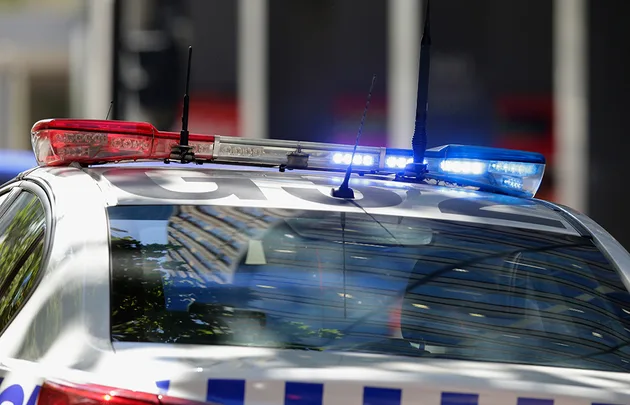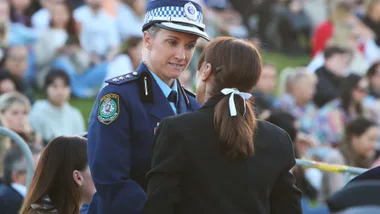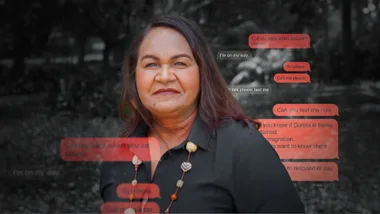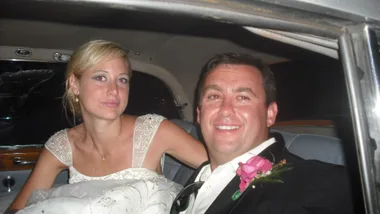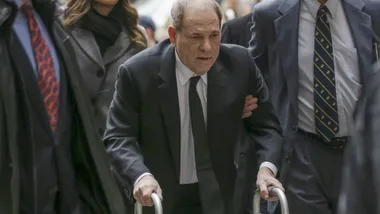A Victorian police officer who found what looked like a dead woman in the boot of a car immediately got inside the vehicle to embrace the body.
Upon placing her hand on the woman’s chest, officer Narelle Fraser felt a movement and realised she was still alive.
“I felt it move the tiniest bit. She was breathing. I couldn’t believe it. I started screaming: ‘She’s alive! She’s alive — call an ambulance!'” she recalls of the miraculous moment in 2005.
“I just wanted to wrap my arms around her,” she tells the Herald Sun of her choice to embrace Maria Korp, a Victorian mother of two.

“I wanted to hold her and tell her that she was safe now, that no one would ever hurt her again,” she continued.
“People might find it (odd) that I got in but to see this woman so helpless, so alone and in such a confronting state was heartbreaking.”
Though she had already done an initial pulse check upon finding the body, Narelle said something made her place her hand on the woman’s chest.
She stayed in the boot, holding Maria’s hand until the ambulance arrived. “I kept saying to her that it was going to be OK, that she was safe”
“I don’t think she heard me. Who knows? I hope in her subconscious she knew someone was there who cared.”
Maria was rushed to the nearby hospital with Narelle by her side, but sadly she never regained consciousness.
Police concluded that husband Joe Korp and his mistress Tania Herman had set out to murder Maria by beating her up in the garage of the family home and strangling her.
They then bundled her body into the boot of her car and drove it to the Shrine of Remembrance. It was four days until a security guard became suspicious and phoned police.
Herman pleaded guilty of the charges and was jailed while Korp took his own life on the day of Maria’s funeral.
Narelle says this, along with many other horrific cases over her 27 years in the Victorian police force, contributed to her post-traumatic stress disorder (PTSD) diagnosis.
She spoke out about finding Maria’s body to help raise awareness of PTSD in policing and to reduce the stigma still felt by officers.
